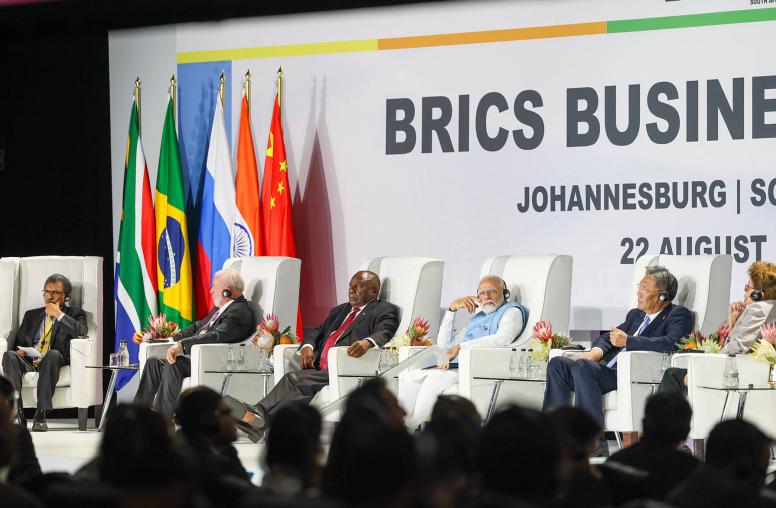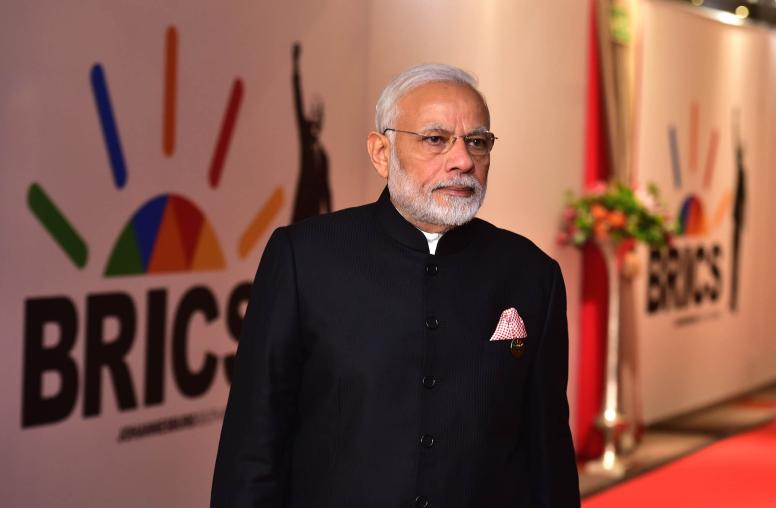 Brazil
Brazil
Featured Research & Analysis

Andrew Cheatham on the Global South’s Impact at the G20 Summit
While the outcomes of the recent G20 summit in Brazil can be seen “as a glass half full or a glass half empty,” perhaps the most noteworthy takeaway from this year’s proceedings was “the Global South having a bigger and bigger voice in global issues,” says USIP’s Andrew Cheatham.

What’s Driving a Bigger BRICS and What Does it Mean for the U.S.?
Leaders from Brazil, Russia, India, China and South Africa (BRICS) will gather in Kazan, Russia, next week for the group’s annual summit, along with an expanded roster of members. This is the first BRICS summit since Egypt, Ethiopia, Iran, Saudi Arabia and the UAE joined earlier this year. Russia, which holds the BRICS presidency this year, has also invited over two dozen other countries, which have expressed interest in joining the group, for the first “BRICS+” summit. For President Vladimir Putin, hosting this summit is an opportunity to show that Western efforts to isolate Moscow for its illegal war on Ukraine have not been successful and that Russia has friends around the globe.

India’s BRICS Balancing Act
Leaders of the BRICS (Brazil, Russia, India, China, and South Africa) will meet in Kazan, Russia from October 22-24 for the 16th BRICS Summit. BRICS will welcome its five new members (Egypt, Ethiopia, Iran, Saudi Arabia, and the United Arab Emirates), with at least 24 other prospective members joining the summit. As BRICS expands and looks to become a more influential player in world affairs, India faces the increasingly complicated task of continuing to deepen ties with the United States and play a leading role in Russian- and Chinese-dominant global forums, like BRICS.